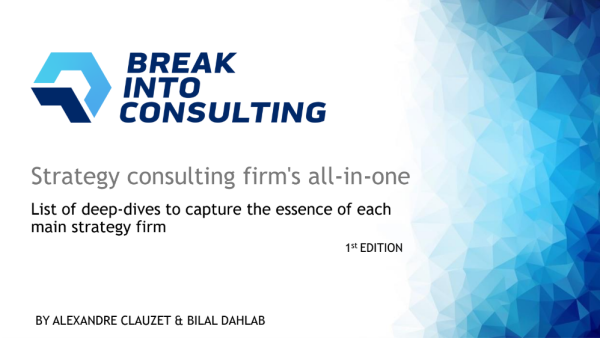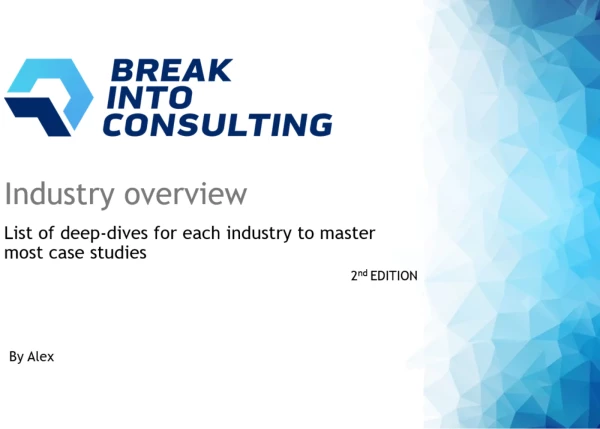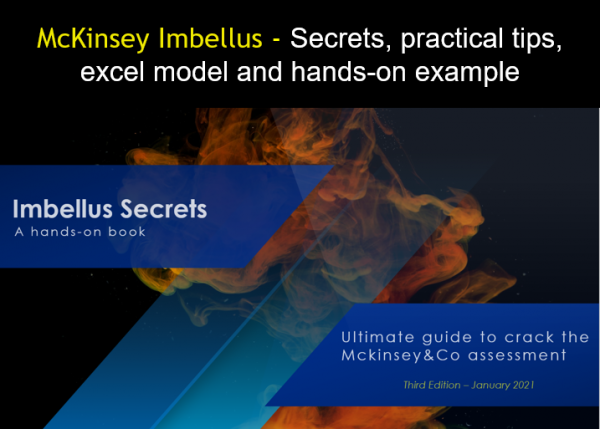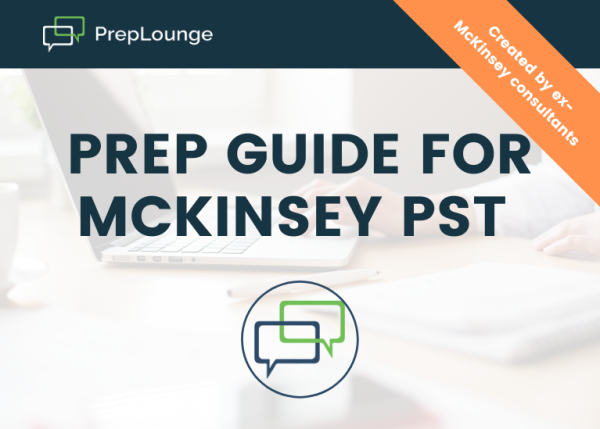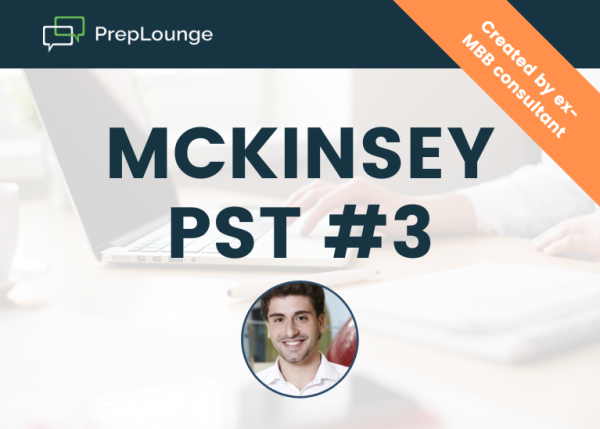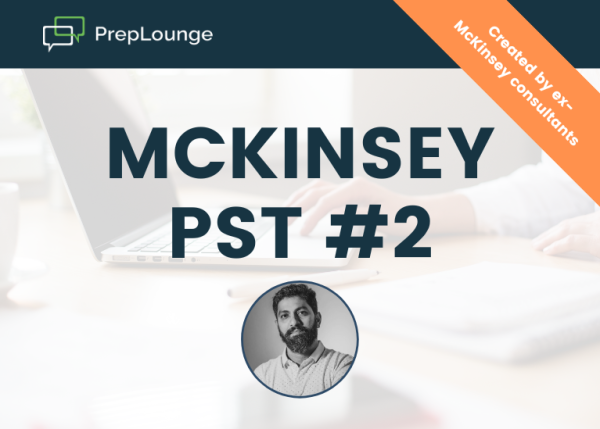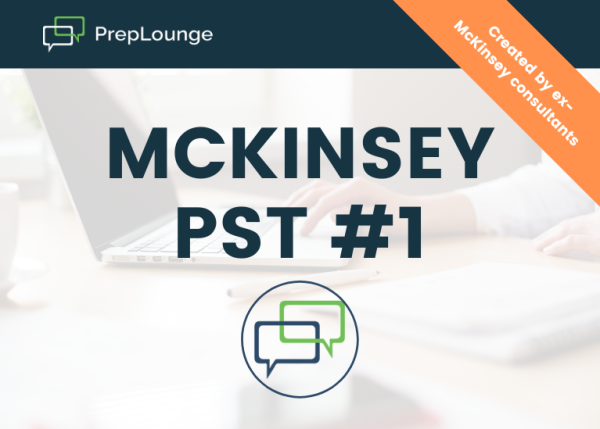Dear omnipotent preplounge,
I'm invited to the McKinsey 1st round interview next week, and though I did 20+ mock interviews (mainly from case books), there are still 2 questions confused me a lot for the actual McK 1st round interview:
- Will the ture Mckinsey cases intended to hide information, and wait the candidate to ask & clarify, before the 1st question? Or they will provide all information in the introduction? I'm asking this because, a lot cases in the casebook, though marked as "Interviewer-led", have a couple of information hidden (cannot provide by the interviewer volunteered) and only can be provided when the interviewee asked.
- For qualitative questions (structure & conceptual), if my answer makes sense, but not exactly the same as the standard answer of the case, will I get passed or will this be risky? If I gave point A, B, C, D but the standard answer covers A, C, D, E, will I loose point? See example below.
For example, if amarket entry case, my 1st layer factor is 1) should they enter it (mkt attractiveness), 2) can they enter it (client capability to enter & acquire customers, covering customer understanding), 3) how they enter it(ways to enter and profitability/roi), 4) will they success in it (specific target, time frame, risks) . If the standard answer is 1)market, 2) customer 3) product 4) client capability (sorry to make up here using Victor Cheng's framework...), what would likely be the points I get? A score 1 or score 2?
Thanks a lot!!






